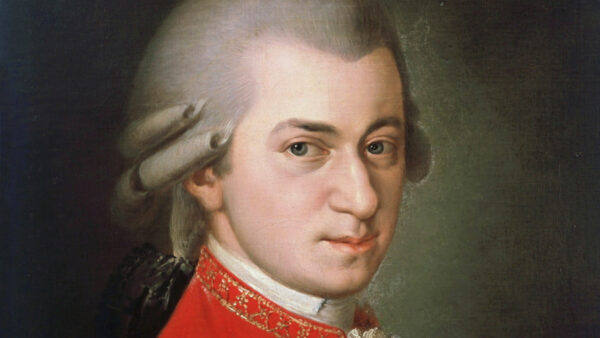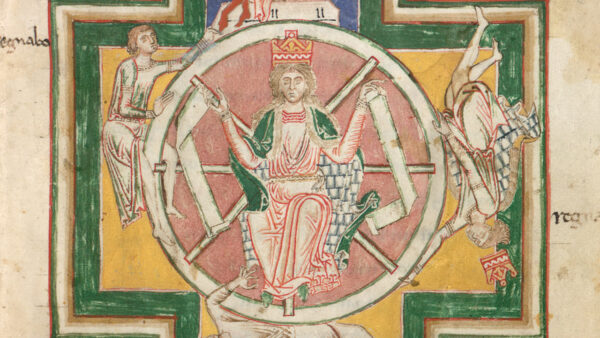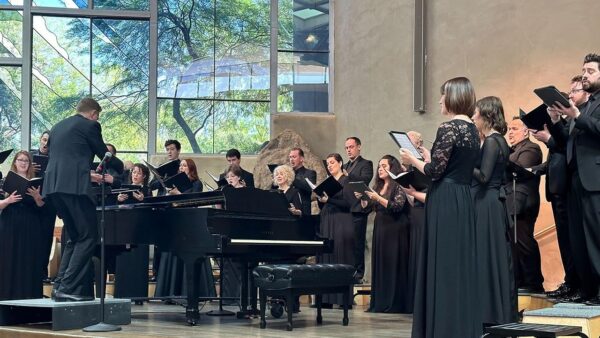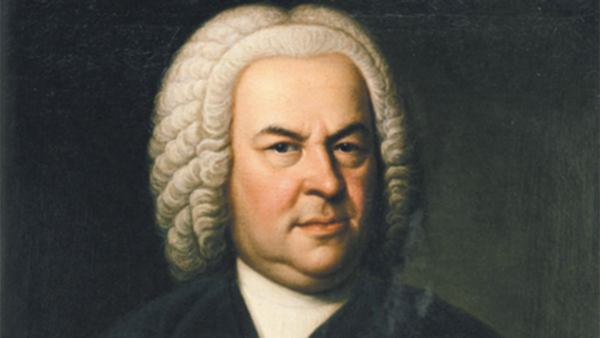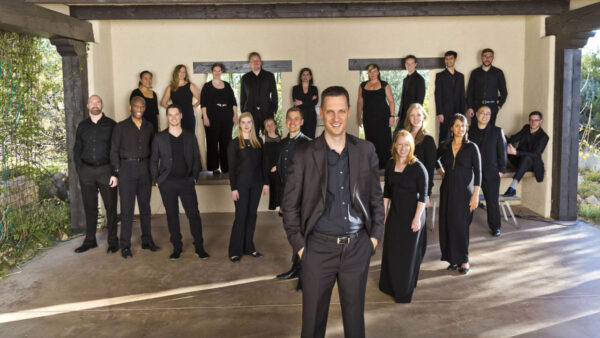Carmina Burana
Feb. 13, 2024
After the incredibly successful premiere of his monumental work Carmina Burana, composer Carl Orff wrote to his publisher, saying: “Everything I have written to date, and which you have, unfortunately, printed, can be destroyed. With Carmina Burana my collected works begin.” It is truly music which has it all: that epic opening that has pervaded pop culture; moments of serenity and love songs; depictions of debaucherous behavior; and so much more.
Written when the composer was 42 years old, Carl Orff’s Carmina Burana is music that bears the subtitle “Secular songs to be sung by singers and choruses to the accompaniment of instruments and also of magic pictures.” Constructed of 24 movements, the text and inspiration draws on the original 12th-century Carmina Burana manuscript, the title itself essentially meaning “Songs from Bavaria,” much of which expressed the medieval sentiment of acceptance of a kind of fateful universe: that fortune is represented by a spinning wheel, and this conveys the way man’s fate is at the mercy of the wheel’s whimsy.
This is a work that notoriously traverses into some… well, interesting subject matter, to say the least. True Concord’s program booklet from this concert probably paints the picture best: the poets of Carmina Burana consisted of these kinds of medieval monks called “goliards,” said to have been “better known for their rioting, gambling, and intemperance than for their scholarship.” They wrote of subjects like love, exuberant drinking, sinners’ “confessions,” gluttony, and sensuality – just to name a few topics featured in the work we’re about to hear.
Tune in for a performance by True Concord from April 2021 of Carl Orff’s Carmina Burana on the next Arizona Encore.
Featured in this episode:
Fortuna, Imperatrix Mundi: O Fortuna
Fortune plango vulnera
Primo vere: Veris leta facies
Omnia Sol temperat
Ecce gratum
Uf dem anger: Tanz
Floret silva nobilis
Swaz hie gat umbe
Were diu werlt alle min
In Taberna: Estuans interius
Olim lacus colueram
Ego sum abbas
In taberna quando sumus
Cour d'amours: Amor volat undique
Dies, nox et omnia
Stetit puella
Circa mea pectora
Si puer cum puellula
Veni, veni, venias
In trutina
Tempus est iocundum
Dulcissime
Blanziflor et Helena: Ave formosissima
Fortuna Imperatrix Mundi: O Fortuna












